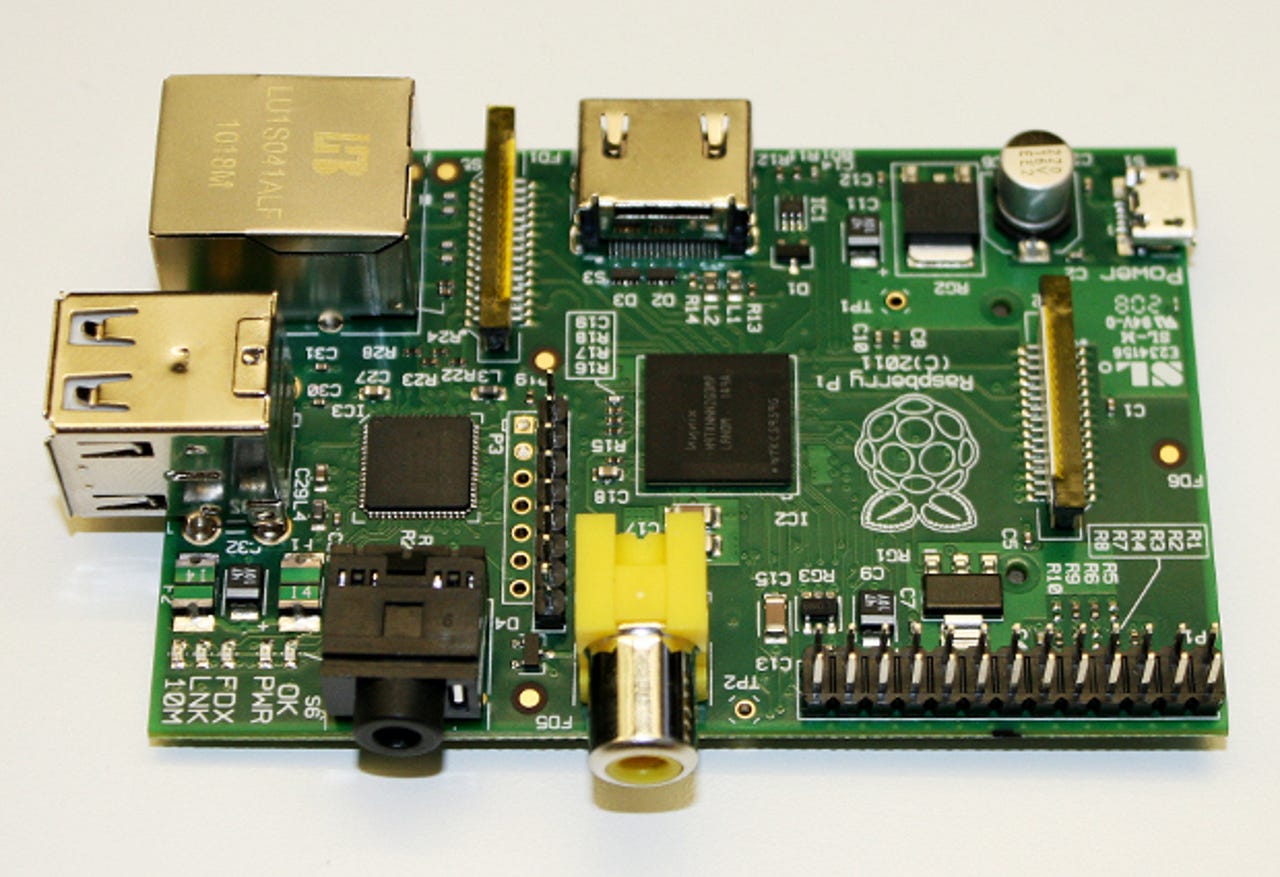Raspberry Pi was nearly snapped up by the BBC

Raspberry Pi creator Eben Upton revealed last night that the credit card-sized Linux computer was nearly snapped up by the BBC.
"We really wanted to put the BBC brand on this... we wanted to put the BBC brand on this so badly," Upton told an audience on Thursday at the Institute of Engineering and Technology in London.

Several people on the Raspberry Pi Foundation's board of trustees were heavily involved with the BBC Micro. They were therefore able to organise meetings with the BBC to see if the broadcaster was interested in backing the project to create a cheap computer for teaching programming to kids, he said.
However, Upton explained that they eventually realised the BBC's commercialisation arm was not able to invest in the Raspberry Pi.
"As a state-funded entity, it cannot go and muscle in," said Upton, who still works for Broadcom as a chip architect.
However, the broadcaster has a history in this area: in the 1980s, it created the BBC Micro, used widely in classrooms to teach programming. The PC sold more than 1.5 million — a huge bump up on the 12,000 it was expected to shift — before going out of production in 1994, and it is credited with helping create a generation of British programmers.
In one final attempt to get the BBC onboard last May, Upton approached BBC technology journalist and fellow Cambridge University graduate Rory Cellan-Jones.
"He also told us no," said Upton light-heartedly. "What he did say is, 'Can I take a video of this thing and put it on my blog?'"
The video received 600,000 hits in two days and the popularity of the Raspberry Pi has continued to grow ever since. The $35 device has sold 400,000 units to date, according to Upton, who said he hopes sales will surpass one million by the end of February 2013.